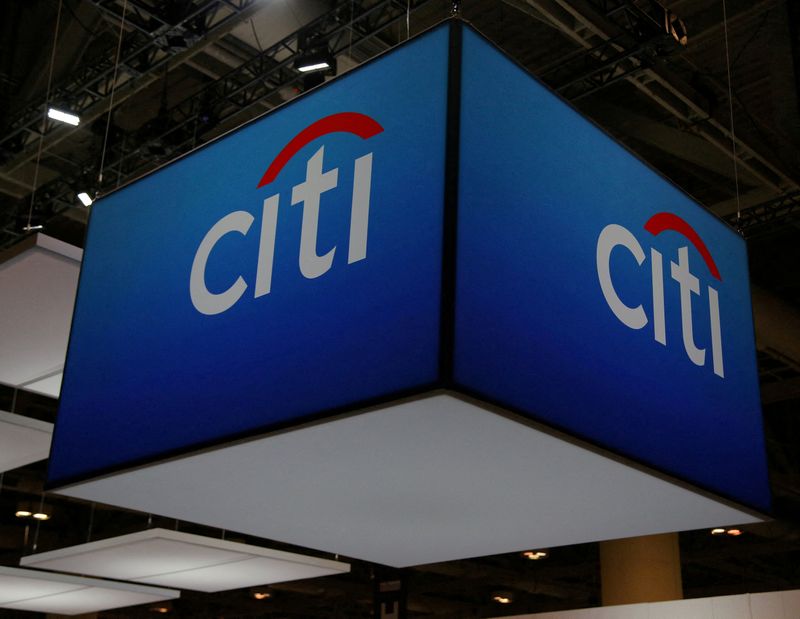
(Reuters) – If producer group OPEC+ doesn’t reduce production further, the average price of oil could drop to $60 per barrel in 2025 due to reduced demand and increased supply from non-OPEC countries, Citi said in a note on Wednesday.
Citi said that while a technical rebound was possible, the market could lose confidence in OPEC+ defending the $70/bbl level if the group doesn’t commit to extending current output cuts indefinitely.
If Brent prices fall into the $60s, financial flows could drive them down further, possibly to $50 per barrel before a potential rebound, the analysts at Citi said.
Geopolitical tensions were initially expected to lift oil prices, but each rebound since October 2023 has weakened, Citi said. It added that the market now recognises that tensions don’t necessarily lead to reduced production or transit issues, making rallies an opportunity to sell.
Libya’s recent production return and expectations that the disruption there will be short-lived, given the lack of ongoing hostilities, have led some market participants to resume shorting oil, it said.
Citi recommends selling into rallies when Brent approaches $80, given the current market dynamics.
Goldman Sachs last week responded to this shifting outlook by cutting its average 2025 Brent forecast and price range by $5 per barrel, citing slower demand in China.
In contrast, UBS expects Brent to rise above $80/bbl over the coming months, arguing that the oil market remains undersupplied despite weak Chinese demand, as demand remains strong in other countries.
Following last week’s price drop, market positioning could indeed spark a short-term rebound, potentially pushing prices closer to $80 per barrel, Citi said.
“However, summer demand strength from Mideast oil burn and the driving season is over, so the market looks ahead to a looser market.”

On Aug. 1, OPEC+ confirmed a plan to start unwinding the most recent layer of cuts – 2.2 million bpd – from October, with the caveat that this could be paused or reversed if needed.
However, OPEC+ is discussing a delay in a planned output increase next month as oil prices hit their lowest in 9 months, three sources from the producer group told Reuters. [O/R]
This post is originally published on INVESTING.


